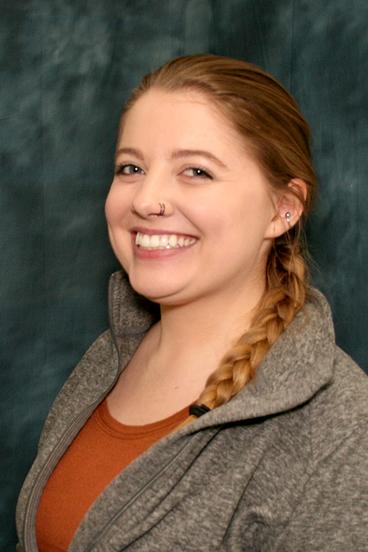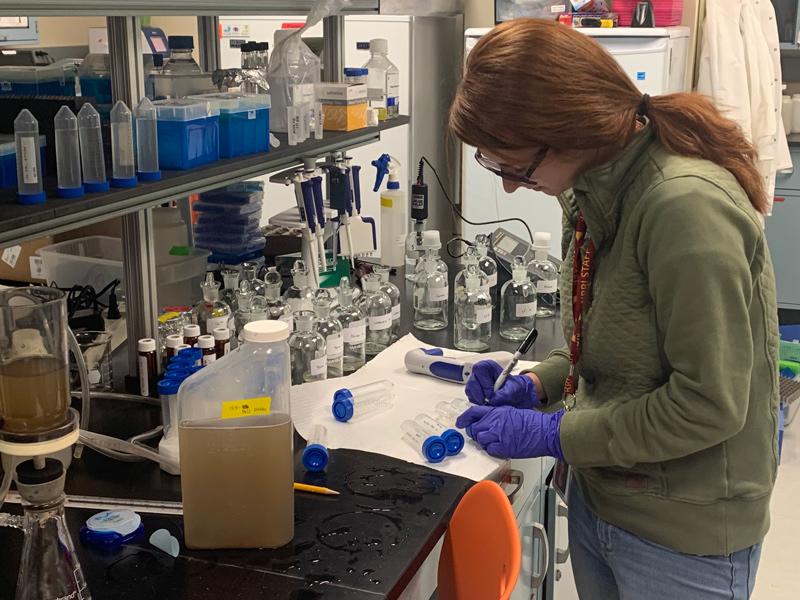
Program Overview
From local governments and large companies to independently owned businesses and homeowners, stormwater is a water management challenge for both the private and the public sector. To address these challenges, NRRI researchers are developing systems-driven solutions and implementation practices for holistic watershed management. All scales of study are employed - from trialing novel sorbent materials and designer soil mixes in the lab to monitoring biochar applications in large-scale retention ponds, and studying the sources of bacterial impairments across a watershed. No area of a watershed is left unstudied - from employing remote sensing technologies in surveying valuable headwater reaches and water storage areas to installing patented technologies in removing contaminants from end-of-pipe discharges.
By applying a systems-approach to understanding and problem-solving, our research team is able to advance integrative stormwater solutions and opportunities for watershed management across Minnesota communities.
Program Goals
Through coordination with agency and government staff, researchers, industries and decision-makers, we use a systems approach to develop stormwater science, technology and remediation solutions for holistic watershed and resource management.
Program Impact
The field of stormwater science encompasses many specialties, and NRRI’s depth and diversity of expertise and experience brings the following aspects to stormwater science, technology, remediation and management:
- A systems approach framework focused on landscape-scale studies, with analysis and application from watersheds to site-specific scales.
- A full suite of capabilities, including materials science and development, application technologies and techniques, long-term monitoring, and natural resources sciences.
- A well-seeded connection for outreach and extension on stormwater solutions and management strategies, allowing for relevant and timely information sharing with stakeholders.
- A northeast Minnesota location, near Lake Superior and the St. Louis River and Estuary, with direct ties to small urban communities, less-impaired ecosystems and high-value resource areas.
Expertise and Certifications
- State-certified water quality parameter and chemistry analysis: Central analytical laboratory
- State-certified coliform bacteria and E. coli analysis
- Quantitative and non-target analysis of trace organic contaminants
- Microbial source tracking analysis
- Watershed modeling
Project Video
Current Research Projects
Current Research Projects
-
Environmental impacts of conventional and alternative road deicing chemicals, with funding from MnDOT and the Legislative-Citizens Commission on Minnesota Resources (LCCMR).
-
Prevalence of chloride contamination in Duluth streams, with funding from MN DNR-Minnesota’s Lake Superior Coastal program.
-
Determination of fecal contamination in Lake Superior tributaries, Lake County Soil Water Conservation District
-
Biofiltration for industrial stormwater, funded by MnDRIVE.
-
Re-use of regional waste in sustainably designed soils for stormwater treatment, with funding from MnDOT.
-
Application of Minnesota-Produced Biochar in Biologs Treating Urban Runoff, funded by a MnDRIVE seed grant.
-
Field evaluation of stormwater best management practices to characterize the comprehensive contaminant removal performance of biochar-augmented filter media, with funding from the Minnesota Stormwater Research Council.
-
Demonstration of a mobile stormwater lab, funded by Minnesota’s Lake Superior Coastal Program.
-
Industry collaboration to develop a variety of peat-based filtering technologies for stormwater from parking lots, industry discharge and road ways.
Program Assets
Program Assets
- A systems approach framework focused on landscape-scale studies, with analysis and application from watersheds to site-specific scales.
- A full suite of capabilities, including materials science and development, application technologies and techniques, long-term monitoring, and natural resources sciences.
- State of the art analytical capabilities for analysis of trace organic contaminants, including:
- Legacy polyhalogenated organic contaminants and pesticides
- Perfluoroalkyl substances (PFAS)
- Algal toxins produced during harmful algal blooms (HABs)
- Nontarget analysis for identification of unknown contaminants
- Mobile treatment systems to be adapted in different locations and different chemical types and levels
- A well-seeded connection for outreach and extension on stormwater solutions and management strategies, allowing for relevant and timely information sharing with stakeholders.
- A northeast Minnesota location, near Lake Superior and the St. Louis River and Estuary, with direct ties to small urban communities, less-impaired ecosystems and high-value resource areas.
Staff
Related News
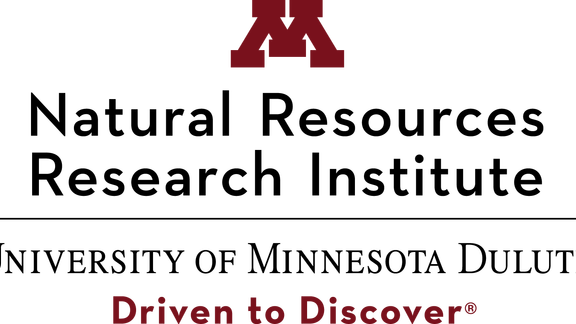
Senior Environmental Analytical Chemist
Job ID: 365626
Location: Duluth
Job Family: Research
Full-Time/Regular
Job Code: 9791AL
Employee Class: Acad Prof and Admin

We dug back into the archives to find NRRI's original crayfish research and the start of The Crayfish Lab at NRRI Duluth.

NRRI tests techniques to clean boat interiors to stop spread of invasives.

Post-doc explores treatment techniques for PFAS in food waste to remove roadblocks to energy production.

Title: Post-Doctoral Research Associate
Job ID: 361420
Location: Duluth
Job Family: Academic
Full-Time/Regular
Job Code: 9546
Employee Class: Acad Prof and Admin

Efforts to improve neighborhood climate resilience goes hyper-local, while providing community outreach guidance.

NRRI scientists present findings on projects with broader water community.

Enthused by ‘all things science-y’ makes NRRI a good fit for this microbiologist.
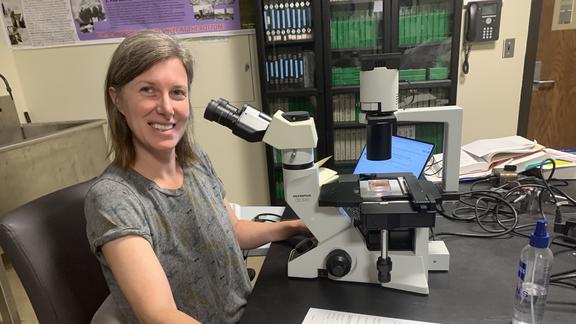
For aquatic research scientist, Holly Wellard Kelly, her favorite project is the one she’s working on.
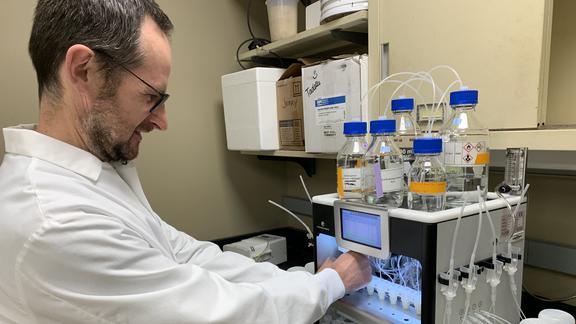
Visiting scientist from Poland taps NRRI expertise, brings perspective to PFAS research
Media Coverage
- – Northland researchers look to biochar as possible climate solution – Duluth News Tribune
- – Beyond Scrubbing: Reducing Sulfate Stress from Wastewater at Minnesota Power’s Last Coal-burning Power Plant – MnDRIVE Environment






